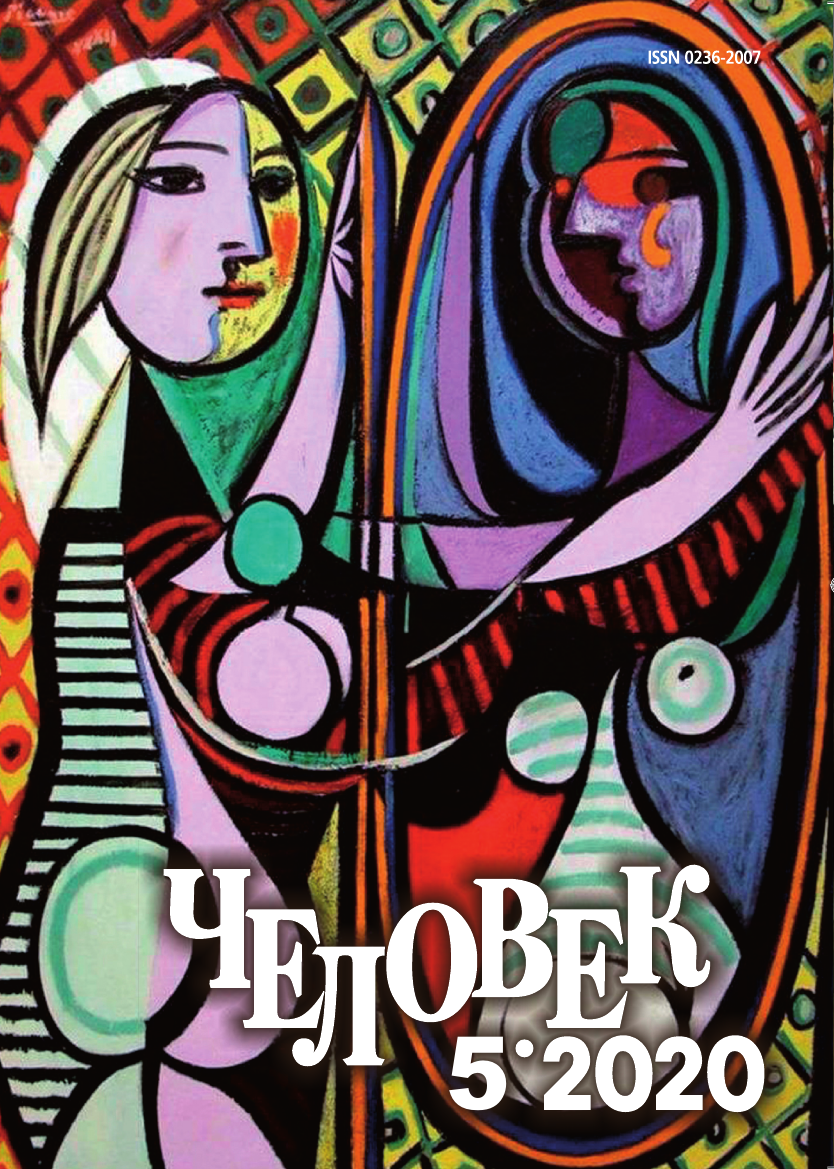J.G. Fichte’s Metaphysics of Gender as an Ethics of Love
Keywords:
Fichte, philosophy of love, appetite, love, marriage, appeal, mutual upbringing, character of gender, character of mankind, destination of manAbstract
The paper examines J.G. Fichte's metaphysics of sex and love, which is presented by the philosopher in the form of an introduction to his theory of matrimonial law and has an outward appearance of a natural-philosophical construction asserting a duality of an active, reasonably efficient principle and a passive material principle in the satisfaction of a natural appetite. In such a concept the feature of rational humanity would be acknowledged only in the male. The moral equality between persons of different sexes as rational human beings unconditionally proclaimed by Fichte impels him, however, to assert a specific activity of the female and a specific passivity of the male as the genuine characters of the sexes, which cannot even be detected on the level of the organic nature and its appetites and take on their real meaning only in the mutual relation and mutual influence of the sexes. That particular mutual moral determination as a living sensual and spiritual relation is, according to Fichte, marriage. Since a man can learn to love only in a union with a loving woman, and a woman can be aware of her own dignity only in a union with a man aware of the nature and dignity of her destination, marriage, in Fichtean philosophy, comes out to be the connection point of the character of the gender and the character of humankind; a man and a woman, inasmuch as they conform with the nature of their respective sexes, shape each other in marriage towards the form of an integral and perfect human being. The genuine relevance of the philosophy of love within the system of Fichtean science of knowledge as ethical idealism can be therefore revealed to be the ethics of a loving relationship, as the primary and immediate concretization of the ethical idea of personal and social destination of mankind as rationally active personhood. The marriage being thus essentially an ethical relationship, in the context of the Fichtean concept of a loving relationship it can generate the ethical problem so perplexing for Kantian legal theory only insofar as it remains on the level of merely natural drives and sensual individualities, therefore not becoming a proper marriage.






